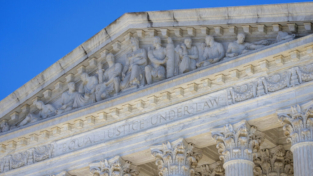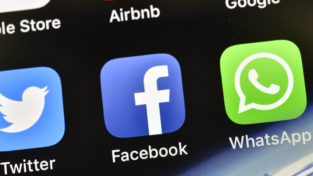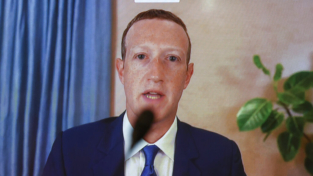Facebook: ambigua sui vaccini e internamente conflittuale
I documenti interni della società mostrano una chiara consapevolezza dei danni che il social provoca, ma le soluzioni adottate sono superficiali.
La scorsa primavera, mentre le false affermazioni sulla sicurezza dei vaccini minacciavano di indebolire la risposta del mondo al COVID-19, i ricercatori di Facebook avrebbero potuto ridurre la disinformazione modificando il modo in cui i post sui vaccini venivano visualizzati sui newsfeed degli utenti o disattivando i commenti. Eppure, nonostante i documenti interni mostrassero che questi cambiamenti funzionavano, Facebook è stato lento ad agire.
Dalle denunce che l’informatore Frances Haugen ha depositato presso la SEC, insieme ai documenti interni ottenuti da The Associated Press, l’immagine del potente Facebook che emerge è di una società travagliata e internamente conflittuale, dove i dati sui danni che provoca sono abbondanti, ma le soluzioni non ne tengono conto granché. (AP Photo/ Martin Meissner, Jeff Chiu, File)









